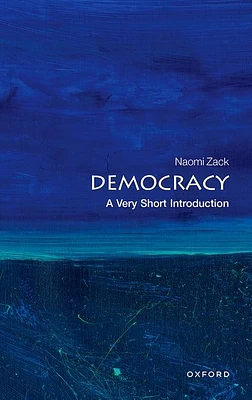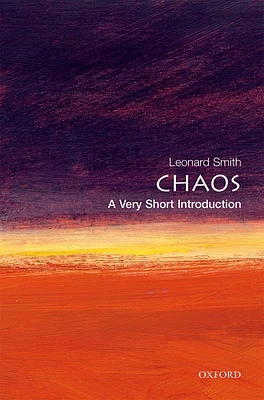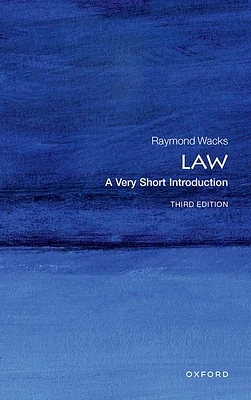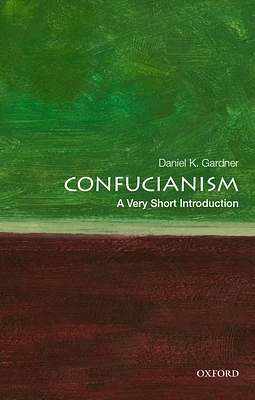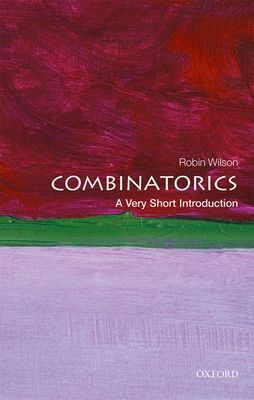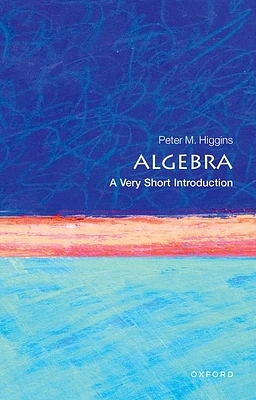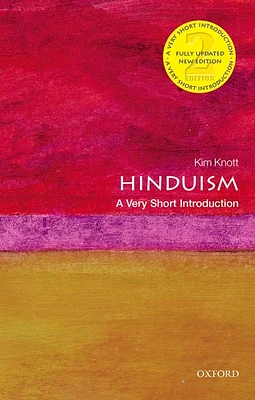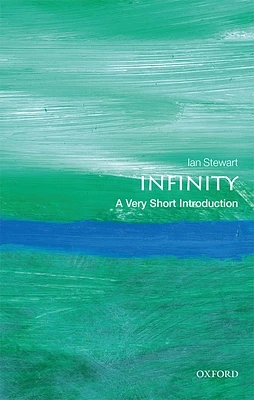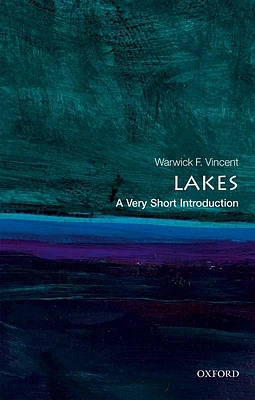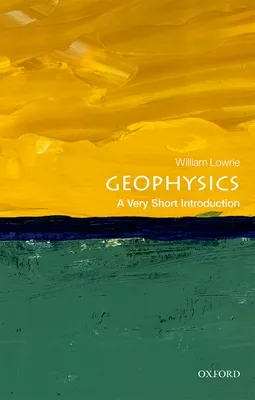Home
Humanism: A Very Short Introduction
Loading Inventory...
Barnes and Noble
Humanism: A Very Short Introduction
Current price: $12.99


Barnes and Noble
Humanism: A Very Short Introduction
Current price: $12.99
Loading Inventory...
Size: Paperback
*Product Information may vary - to confirm product availability, pricing, and additional information please contact Barnes and Noble
People of faith often argue that without God, there can be no morality. Indeed, without religion, our lives are left without meaning and are likely to degenerate into moral chaos. In this
Very Short Introduction
, philosopher Stephen Law explains why these claims are false and why humanismthough a rejection of religionnevertheless provides both a moral basis and a meaning for our lives. Indeed, Law shows that humanism is a quite positive alternative to religion. The humanist is not simply one who denies the truth of religious belief, but one who believes we can enjoy meaningful, purposeful, and good lives without religion. And far from embracing moral nihilism, humanists are often deeply committed people, to be found at the forefront of many important ethical campaigns. Law goes on to show how the term "humanism" is used in a variety of ways. Marx described himself as a "humanist" but the Pope has also expressed support for what he calls "humanism." Law argues for humanism as it is most commonly understoodas a positive, moral form of atheism.
Very Short Introduction
, philosopher Stephen Law explains why these claims are false and why humanismthough a rejection of religionnevertheless provides both a moral basis and a meaning for our lives. Indeed, Law shows that humanism is a quite positive alternative to religion. The humanist is not simply one who denies the truth of religious belief, but one who believes we can enjoy meaningful, purposeful, and good lives without religion. And far from embracing moral nihilism, humanists are often deeply committed people, to be found at the forefront of many important ethical campaigns. Law goes on to show how the term "humanism" is used in a variety of ways. Marx described himself as a "humanist" but the Pope has also expressed support for what he calls "humanism." Law argues for humanism as it is most commonly understoodas a positive, moral form of atheism.

